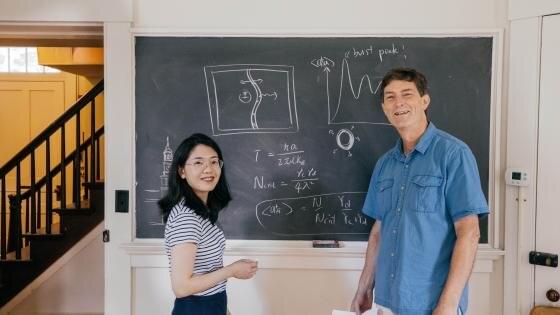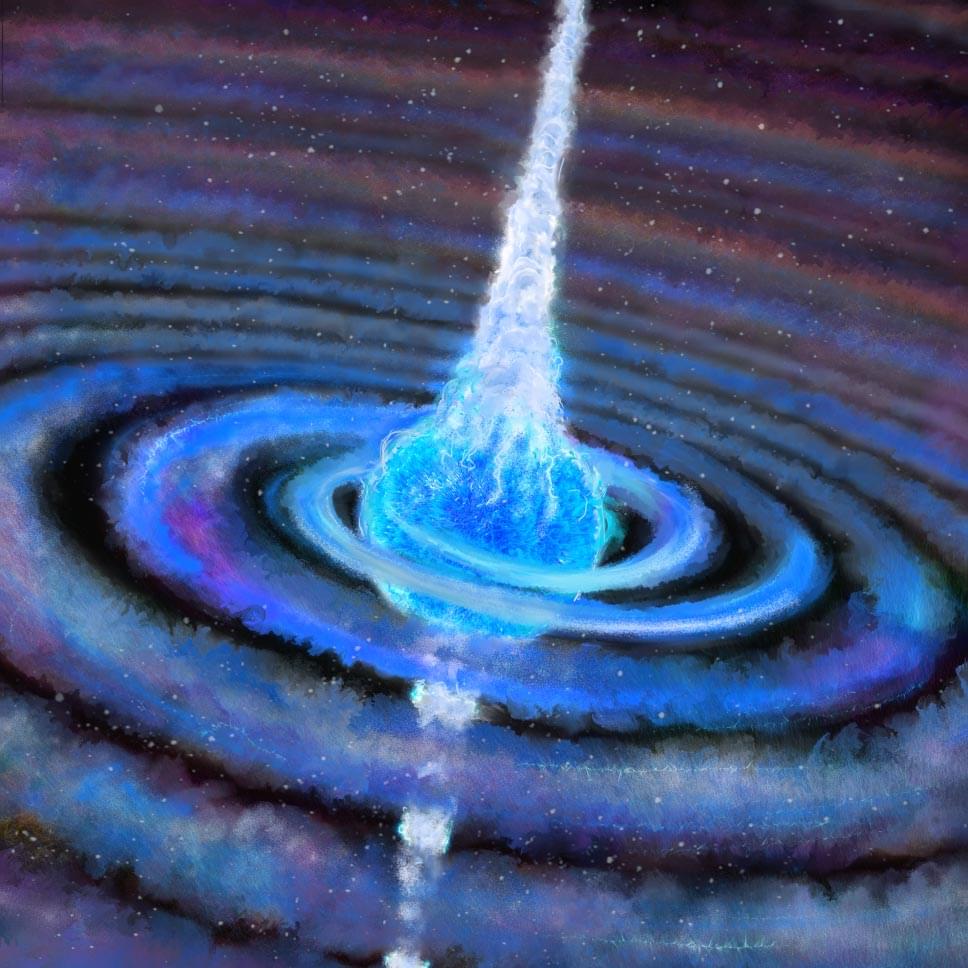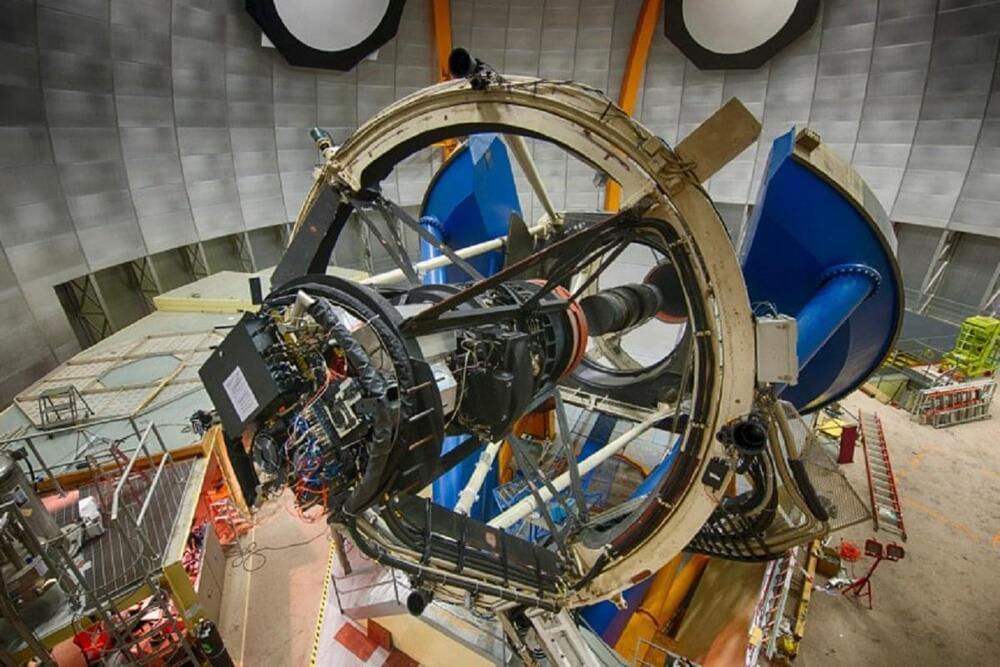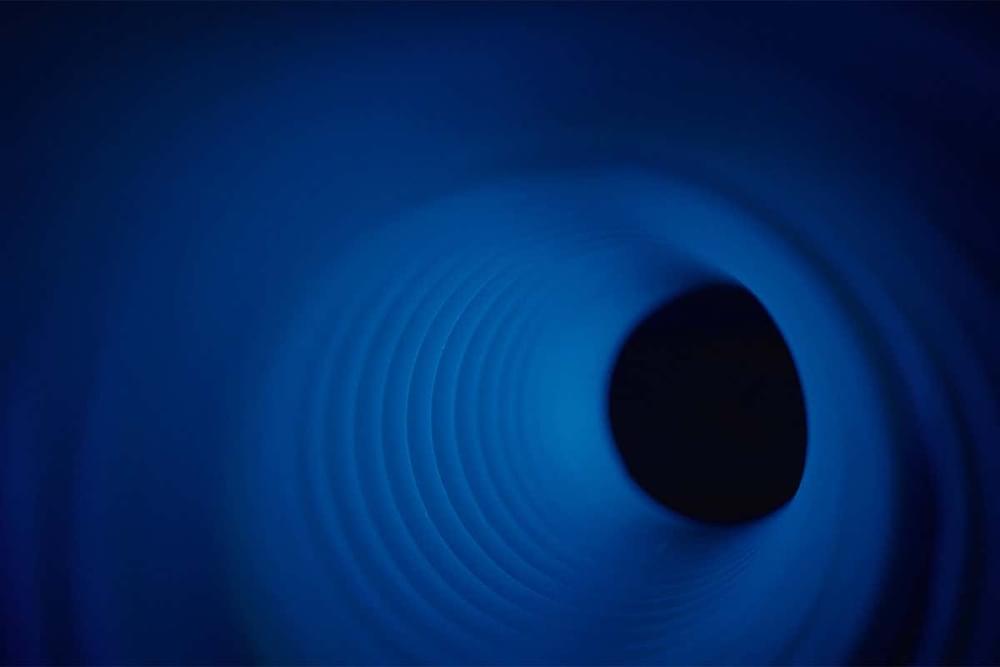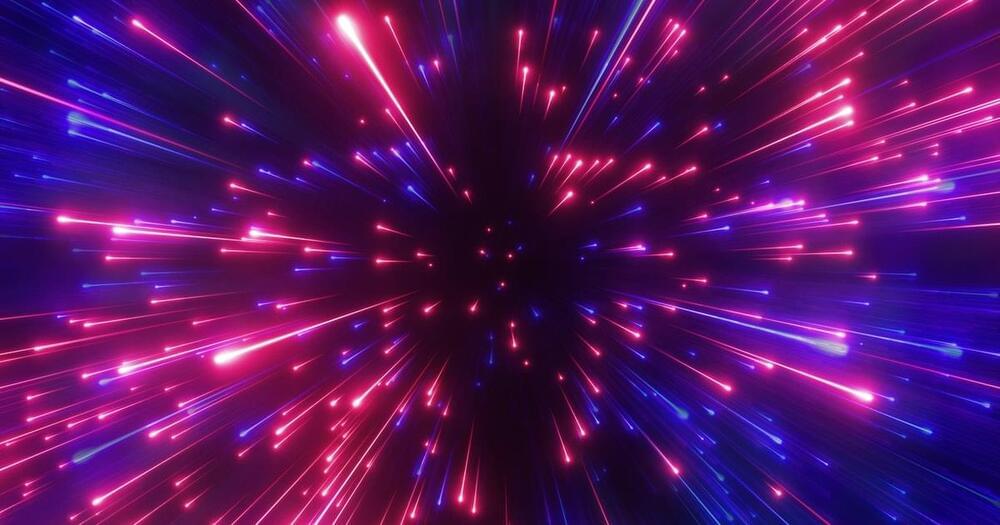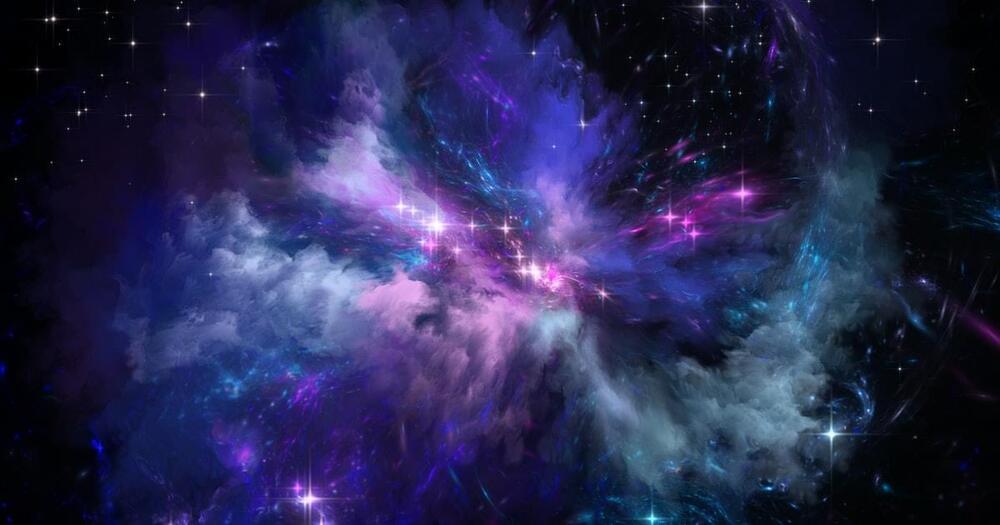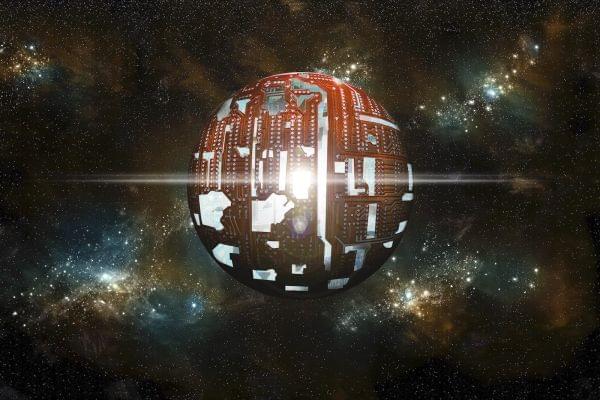Black holes are regions of space-time with huge amounts of gravity. Scientists originally thought that nothing could escape the boundaries of these massive objects, including light.
The precise nature of black holes has been challenged ever since Albert Einstein’s general theory of relativity gave rise to the possibility of their existence. Among the most famous findings was English physicist Stephen Hawking’s prediction that some particles are actually emitted at the edge of a black hole.
Physicists have also explored the workings of vacuums. In the early 1970s, as Hawking was describing how light can escape a black hole’s gravitational pull, Canadian physicist William Unruh proposed that a photodetector accelerated fast enough could “see” light in a vacuum.
